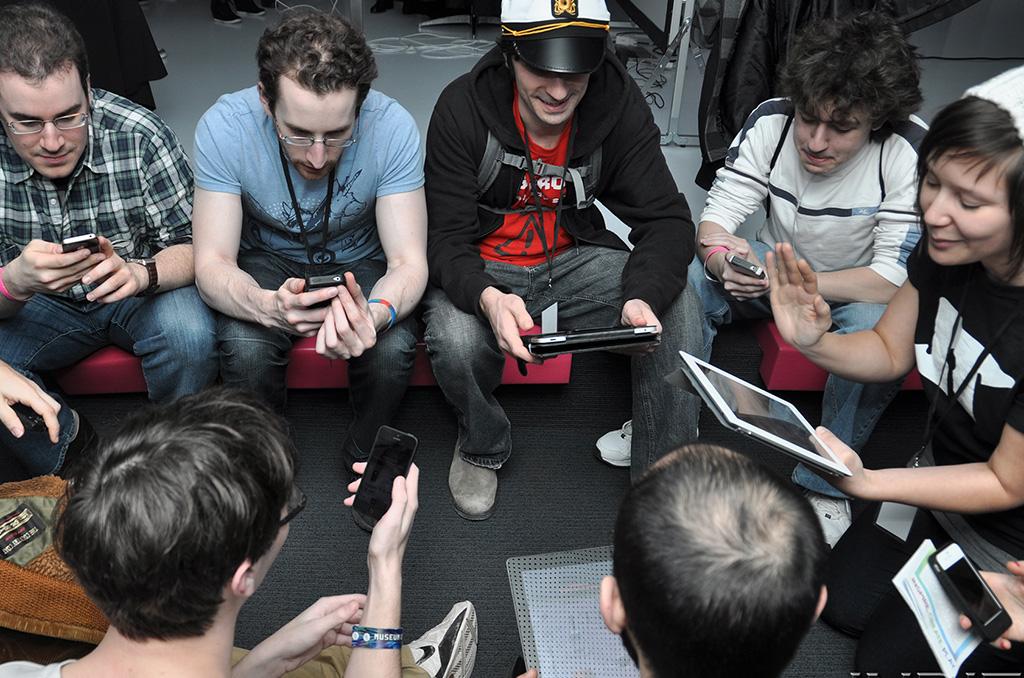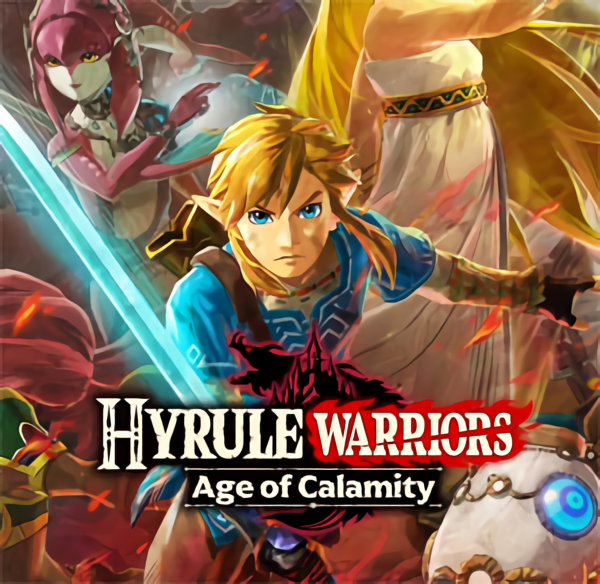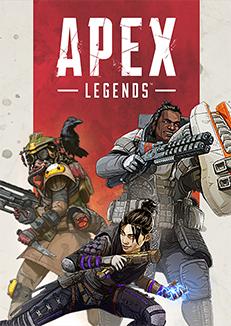Making games is not easy. Thankfully, a lot of game developers don’t mind giving talks at events like Indiecade East, including Jeremy Gibson Bond, a lead professor of the University of Southern California’s game design and cinematography program. The talk was geared not only to beginners but also to experienced designers who want to look at game design in another light.
The talk presented video games not as games, but as experiences. Oliver Emberton wrote a very interesting piece stating that life is a game and a lot of the systems in life work like a stats sheet in a video game. Jeremy Bond used the example of his work on Disney theme parks, specifically, Cinderella’s castle in the center of the main Disney World park. When you enter Disney World, you see a big castle. Of course, as it serves as a goal of sorts, you go towards the giant castle expecting a lot of crazy magic but once you get there, there is nothing to do there. But, the moment you get to the center, you are given multiple paths to explore. In a sense, that is like opening a treasure trove of attractions that was opened to the “player” or in this case, the theme park guest, the moment they reached Cinderella’s castle.
When you think about it, game design isn’t just tailored to game design. Jeremy Bond used another example comparing Southwest Airlines and Continental Airlines. Although both companies use the same kinds of planes, the experience of the two airlines is different. Why? Like in a video game, each airline is trying to create an experience for their customers that would want them to keep riding with them. Like how two similar game ideas never end up the same, two airline experiences, although they want to make their passengers feel at home, handle the idea of comfort differently.
Once you have an idea and settled the kinds of experiences you want your players to experience, you have to make it. Luckily, most aspects of software development relate directly to game development and design. The most important thing anyone going into game design should do is to iterate their designs.
Let me reiterate, you have to establish the idea of iterative design. Let people see your ideas. Create prototypes, be it on paper or using “inferior” engines like GameMaker. Show your ideas off, because the more you keep an idea to yourself without anyone else testing your game, the more likely that a big problem could break your game. Jeremy put it like this: at the beginning of your design cycle, you have all the room in the world to mess up and fail as there isn’t a lot of money or time invested into the project. You can take risks. You have room to experiment and try. The Extra Credits video series put it beautifully: “Fail Fast”. How will you know if your experiments work if you don’t show them off? The longer you hold back playtesting, the harder it will get to playtest and revise the game.
Jeremy Gibson Bond’s talk expressed two valuable ideas about game design. You have to think of game design not as game design but as experience design. Designing a game is like devising a series of systems meant to make someone feel a certain set of emotions. The second idea focused on playtesting and iteration. If you can’t see where your game is going in the hands and minds of others, what is the point of making a game that other people are supposed to play and enjoy? Game design is deeper than you may think. It isn’t just telling people your ideas but it’s also a communication between the developers and the gamers while crafting the overall mood and experience.
































